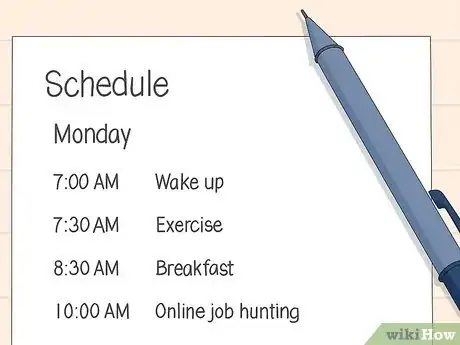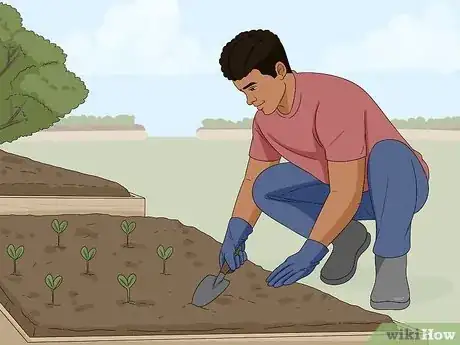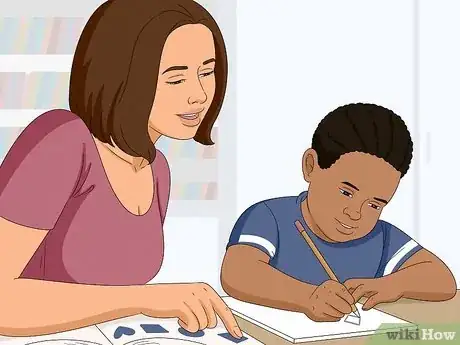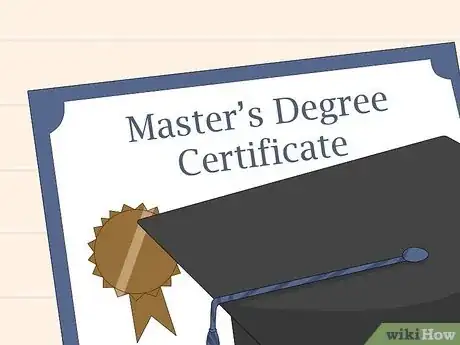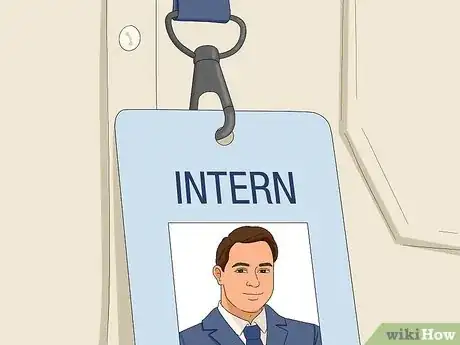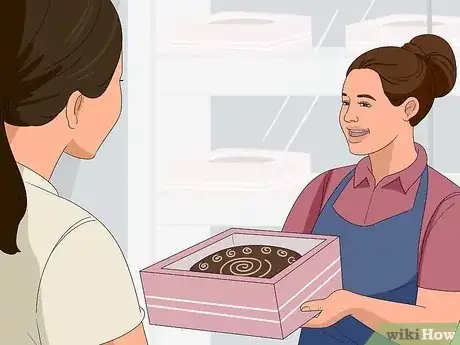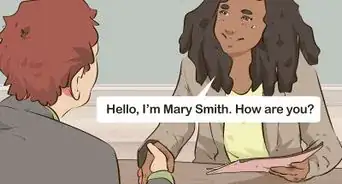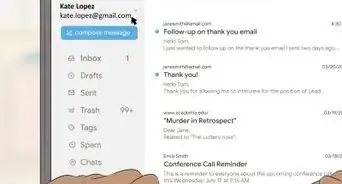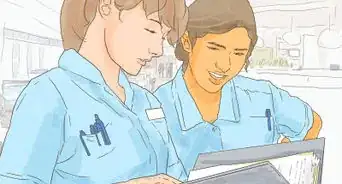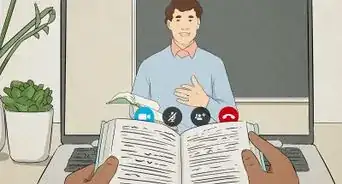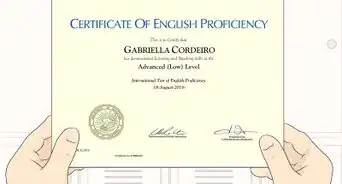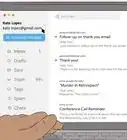This article was co-authored by Jessica Villegas and by wikiHow staff writer, Aly Rusciano. Jessica Villegas is a Certified Academic Life Coach and the Founder of Hi-Lite Coaching + Consulting in Winter Garden, Florida. Jessica has over 20 years of leadership experience, and she and her team serve teens and young adults through private coaching, group coaching, workshops, and speaking engagements. She uses workbook exercises, coaching planners, and regular check-ins to support young adults in achieving their academic and personal goals. Jessica received her Bachelor’s in Organizational Communications and Leadership Studies from the University of Central Florida and her Professional Coaching certification through Coach Training EDU, an ICF Accredited Institution, as an Academic Life Coach.
There are 11 references cited in this article, which can be found at the bottom of the page.
This article has been viewed 11,717 times.
So, you’ve graduated college—congratulations! That’s a huge achievement, but what now? After graduation, you may feel lost and confused, and that’s completely normal. There’s so much pressure to know exactly what you want to do after you graduate, but there’s nothing wrong with not knowing! We’re here to help you explore your options, from jobs to activities, and kick off this new chapter in your life.
Things You Should Know
- Update your resume and look for internships and/or jobs to get a leg up in your career.
- Use the time after college to relax with leisurely activities like crafting or reading.
- Find yourself through traveling, socializing, and new opportunities once you graduate.
Steps
Expert Q&A
-
QuestionWhat can I do with a gap year?
 Jessica VillegasJessica Villegas is a Certified Academic Life Coach and the Founder of Hi-Lite Coaching + Consulting in Winter Garden, Florida. Jessica has over 20 years of leadership experience, and she and her team serve teens and young adults through private coaching, group coaching, workshops, and speaking engagements. She uses workbook exercises, coaching planners, and regular check-ins to support young adults in achieving their academic and personal goals. Jessica received her Bachelor’s in Organizational Communications and Leadership Studies from the University of Central Florida and her Professional Coaching certification through Coach Training EDU, an ICF Accredited Institution, as an Academic Life Coach.
Jessica VillegasJessica Villegas is a Certified Academic Life Coach and the Founder of Hi-Lite Coaching + Consulting in Winter Garden, Florida. Jessica has over 20 years of leadership experience, and she and her team serve teens and young adults through private coaching, group coaching, workshops, and speaking engagements. She uses workbook exercises, coaching planners, and regular check-ins to support young adults in achieving their academic and personal goals. Jessica received her Bachelor’s in Organizational Communications and Leadership Studies from the University of Central Florida and her Professional Coaching certification through Coach Training EDU, an ICF Accredited Institution, as an Academic Life Coach.
Certified Academic Life Coach Spend some time getting to know who you are and what you want your future to look like. Getting to know other people and how they communicate. Finding opportunities to expose yourself to different industries. Do not squander your time doing things that really don't serve your future. Connecting with a life coach that specializes in working with teens and young adults to help you figure out your direction and a sense of purpose can also be of great help.
Spend some time getting to know who you are and what you want your future to look like. Getting to know other people and how they communicate. Finding opportunities to expose yourself to different industries. Do not squander your time doing things that really don't serve your future. Connecting with a life coach that specializes in working with teens and young adults to help you figure out your direction and a sense of purpose can also be of great help.
References
- ↑ https://www.ccu.edu/blogs/cags/2017/05/adult-education-10-things-to-do-after-you-graduate-from-college/
- ↑ https://www.scientificamerican.com/article/mental-downtime/
- ↑ https://www.snhu.edu/about-us/newsroom/health/post-graduate-depression
- ↑ https://www.snhu.edu/about-us/newsroom/health/post-graduate-depression
- ↑ https://www.mind.org.uk/information-support/your-stories/the-importance-of-routine/
- ↑ https://www.mercycare.org/bhs/employee-assistance-program/eapforemployers/resources/health-benefits-of-social-interaction/
- ↑ https://www.apa.org/monitor/2020/04/nurtured-nature
- ↑ https://www.businessinsider.com/things-to-do-after-college-instead-of-getting-a-full-time-job-2015-5
- ↑ https://www.bryantstratton.edu/blog/2022/february/10-things-to-do-after-college
- ↑ https://www.ccu.edu/blogs/cags/2017/05/adult-education-10-things-to-do-after-you-graduate-from-college/
- ↑ https://www.cnbc.com/2022/07/15/are-you-doing-your-job-search-right-how-to-land-your-first-job-after-graduation.html
- ↑ https://www.bryantstratton.edu/blog/2022/february/10-things-to-do-after-college
- ↑ https://www.indeed.com/career-advice/finding-a-job/freelancing
- ↑ https://www.businessinsider.com/things-to-do-after-college-instead-of-getting-a-full-time-job-2015-5
- ↑ https://www.ccu.edu/blogs/cags/2017/05/adult-education-10-things-to-do-after-you-graduate-from-college/
- ↑ https://resources.depaul.edu/career-center/services-resources/Documents/DePaulCC-18-JobShadowing.pdf


